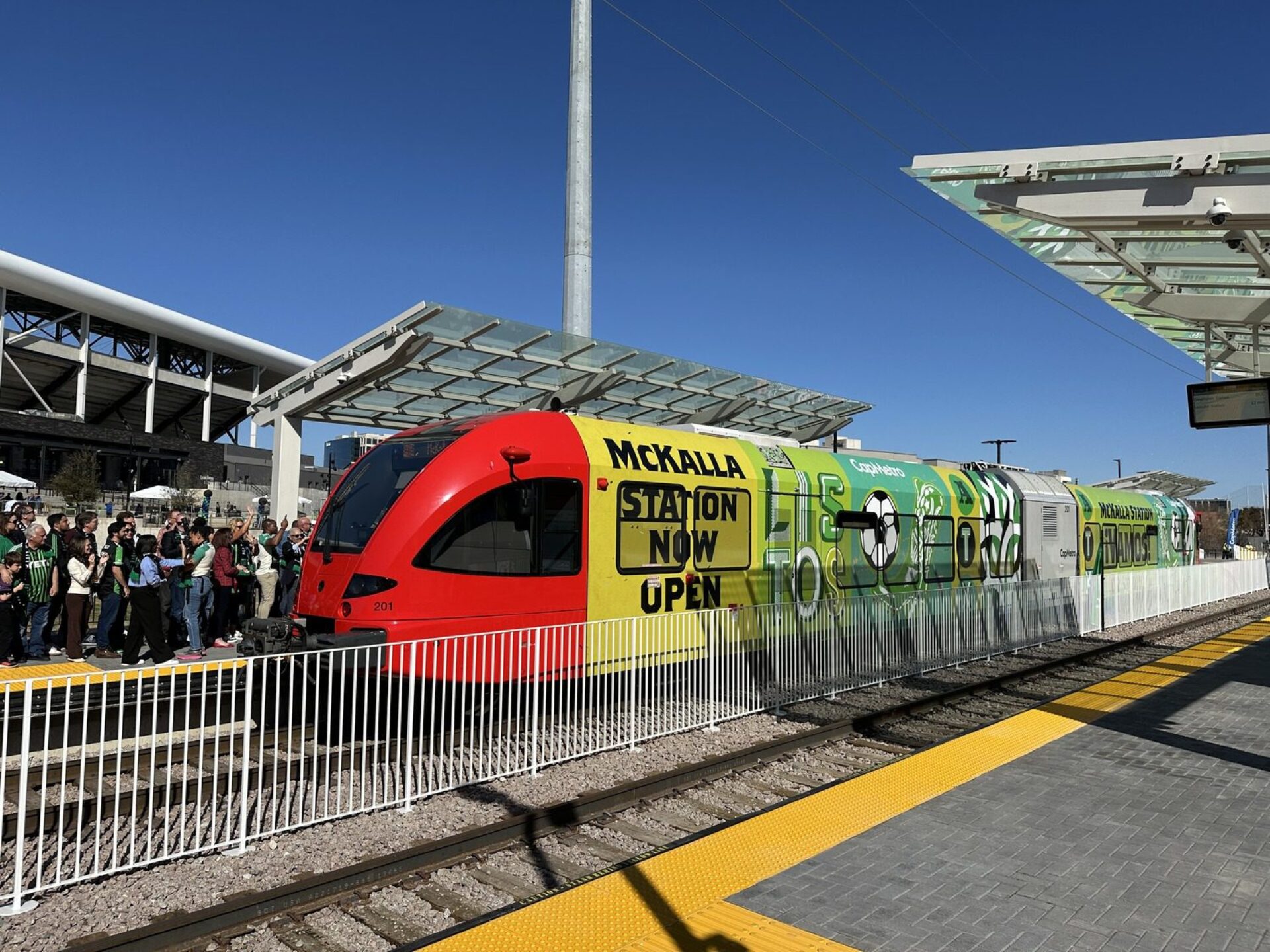
Location Austin, Texas
Client Capital Metropolitan Transportation Authority (CapMetro)
Services Construction Management
Project Value $35 Million
Hill provided construction management services for three rail infrastructure projects in Austin, TX. Project 1 was design-bid-build and involved construction of an additional main line track to provide double-track service along a 1.5-mile alignment from north of Braker Lane to the existing CapMetro North Operations Yard in North Austin. This project also included all necessary signal and positive train control updates and integration. Project 1A was another design-bid-build project involving an early drainage package in preparation for the replacement of a critical railroad bridge. Project 2 involved the construction of McKalla Station, a new regional rail station next to Q2 Stadium, home of Major League Soccer team Austin FC. This design-build project included construction of retaining walls, a second track, two main platforms, and an event platform to accommodate thousands of soccer fans on game days. The project also incorporated a shoofly to maintain existing rail operations, multiple ADA-compliant accessibility features, and a variety of amenities such as bike racks, signage, cameras, Wi-Fi, emergency phones, a shared-use pedestrian and bike path, enhanced plaza space to support an outdoor amphitheater just outside of Q2 Stadium, and more.
The three projects enhanced CapMetro’s Red Line regional rail, which provides commuter rail service from downtown Austin through Central and North Austin and connects to the city’s larger transit system. In addition to enhancing connectivity, the projects increased value for residents along the alignment and reduced noise pollution by creating railroad quiet zones through three major crossings. The project team performed all work without disrupting revenue service on existing and future-use diesel multiple unit (DMU) and freight railway corridors. Work concluded in 2024.
As construction manager, Hill managed the individual projects and helped coordinate the efforts of the project teams to drive an efficient construction program. Hill’s specific responsibilities included design review, document control, inspection, schedule and cost management, quality assurance/quality control, coordination, change management, safety management, and reporting, as well as a variety of close-out and commissioning services.